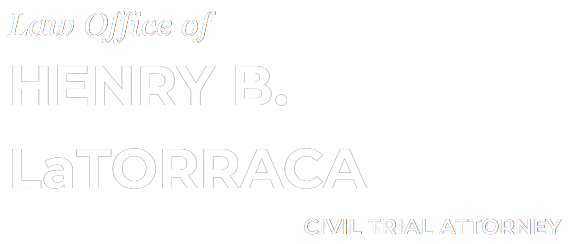California has several laws in place designed to protect consumers from unfair and deceptive business practices such as false advertising and odometer tampering. However, lawmakers in the state have not elected to adopt the Uniform Deceptive Trade Practices Act. This law has been adopted by several states to unify the rules dealing with deceptive trade practices and allow individuals who reside in different states to become plaintiffs in class action lawsuits.
The rules regarding false advertising in California are contained in the state’s Business and Professions Code. Businesses that violate this law may be prosecuted by the attorney general, a district attorney or other prosecutor. These actions are usually brought with two goals in mind. The first is an injunction to compel the business involved to stop running the advertising in question, and the second is the award of civil penalties designed to hold the defendant financially responsible for its actions and deter other businesses from behaving in the same way. Remedies include fines and jail time.
Odometer tampering is dealt with by Section 28050 of the California Vehicle Code. Auto dealers in the state are required to disclose the true mileage of the vehicles they offer for sale and prohibited from disconnecting or otherwise tampering with odometers. According to the NHTSA, hundreds of thousands of vehicles with false odometer readings are sold in America each year.
Attorneys with business law experience will likely advise their clients to avoid behavior that could lead to criminal and civil sanctions and possibly ruin their hard-earned reputations. In addition to possible criminal proceedings being initiated against them, businesses that resort to such practices may face class action lawsuits from disgruntled customers and business litigation from disparaged competitors.
Source: NHTSA, “Odometer fraud”, accessed on Dec. 9, 2015




